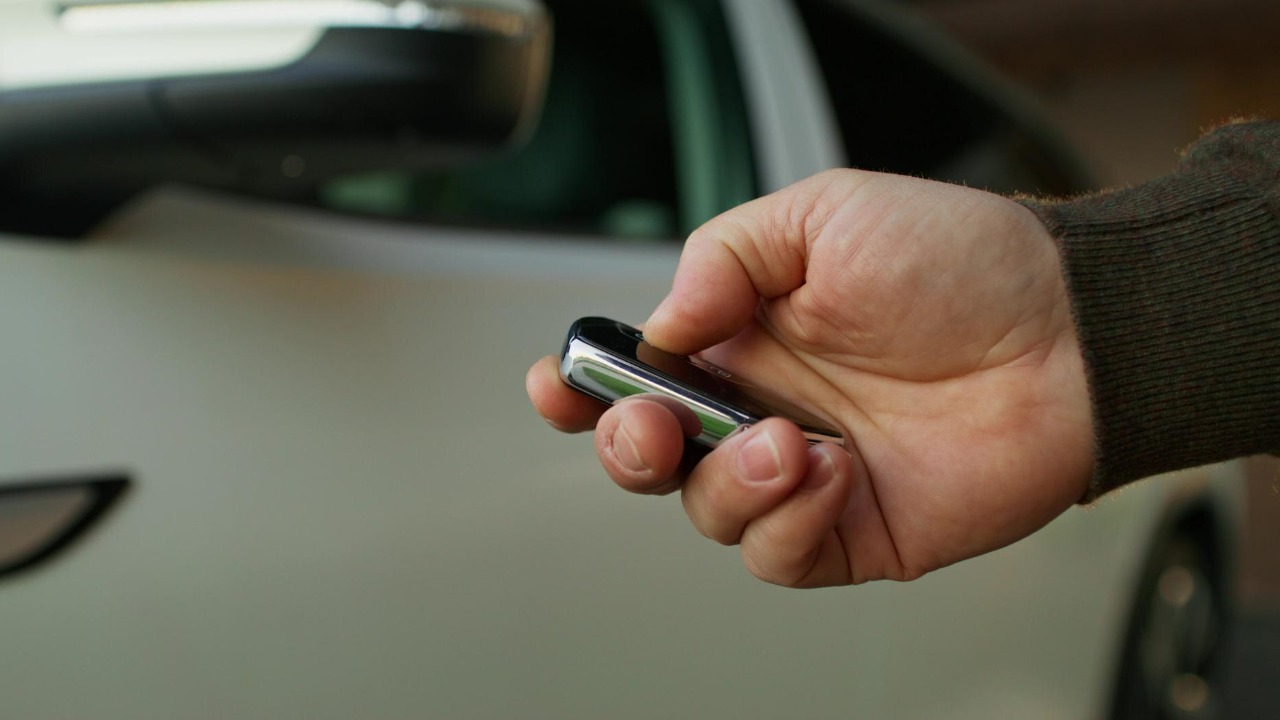
Despite the rapid pace of technological advancement in the automotive industry, many of us still rely on traditional physical car keys for daily access to our vehicles. This enduring dependence on an old-fashioned tool, even as keyless entry systems become increasingly common, raises questions about security, convenience, and the industry’s inertia in transitioning to fully digital solutions.
The History of Car Keys
Car keys have been a staple of vehicle operation since the early 20th century. As automobiles became more widespread, mechanical car keys became the standard for ignition and locking mechanisms. The 1990s saw a shift towards transponder keys, which incorporated electronic chips to provide basic anti-theft features. This evolution, as reported by Wired, has contributed to our ongoing reliance on physical keys. Despite the advent of more advanced technologies, key designs have remained largely unchanged for decades, serving as a reliable, albeit outdated, fallback in modern vehicles.
Keyless Entry Technologies Today
Today, key fob systems that use radio frequency to unlock and start cars without the need for a physical key are common, especially in mid-range vehicles. Brands like Tesla and BMW have integrated smartphone apps for remote access, but these systems still require physical keys as backups, according to Wired. Proximity-based passive entry systems, where fobs detect the driver’s presence, are also becoming more popular. However, these systems have limitations, such as battery failures, that necessitate carrying spare keys.
Security Concerns with Digital Alternatives
Keyless systems, while convenient, have their own set of vulnerabilities. For instance, relay attacks, where thieves amplify fob signals to unlock cars remotely, pose a significant risk, particularly in urban settings. These exploits have been reported increasingly since 2020, reinforcing the need for physical keys as a secure, low-tech safeguard. Industry data shows that theft rates for keyless vehicles are higher than for those with traditional keys, which explains why manufacturers are hesitant to phase out physical options entirely.
Industry and Regulatory Barriers
Automakers are reluctant to eliminate keys entirely due to the need for backward compatibility with older models and fleets. This ensures seamless upgrades for consumers. Regulatory hurdles also exist, with safety standards from bodies like the National Highway Traffic Safety Administration (NHTSA) mandating reliable access methods, as echoed in the Wired piece. Additionally, cost factors come into play. Retrofitting digital-only systems would burden manufacturers and owners of legacy vehicles.
Consumer Habits and Resistance to Change
Many drivers prefer the familiarity of physical keys, a preference that surveys suggest is rooted in habits formed over generations. Practical issues also play a role. Lost fobs can lead to high replacement costs, often between $200 and $500, making physical duplicates a cheaper alternative, as Wired points out. Environmental and accessibility factors also come into play. Keys avoid the digital divide for non-smartphone users or in areas with poor connectivity.
Future Prospects for Keyless Driving
Looking ahead, emerging technologies like biometric locks and cloud-based authentication could reduce our reliance on keys, especially in autonomous vehicles. Companies like Ford and Volkswagen are testing app-only access in pilot programs, but these still require physical keys, according to Wired. While these developments promise benefits, they also present challenges, including privacy risks from always-connected systems. Therefore, it’s likely that we’ll see a gradual rather than abrupt shift away from keys in the future.
More from MorningOverview